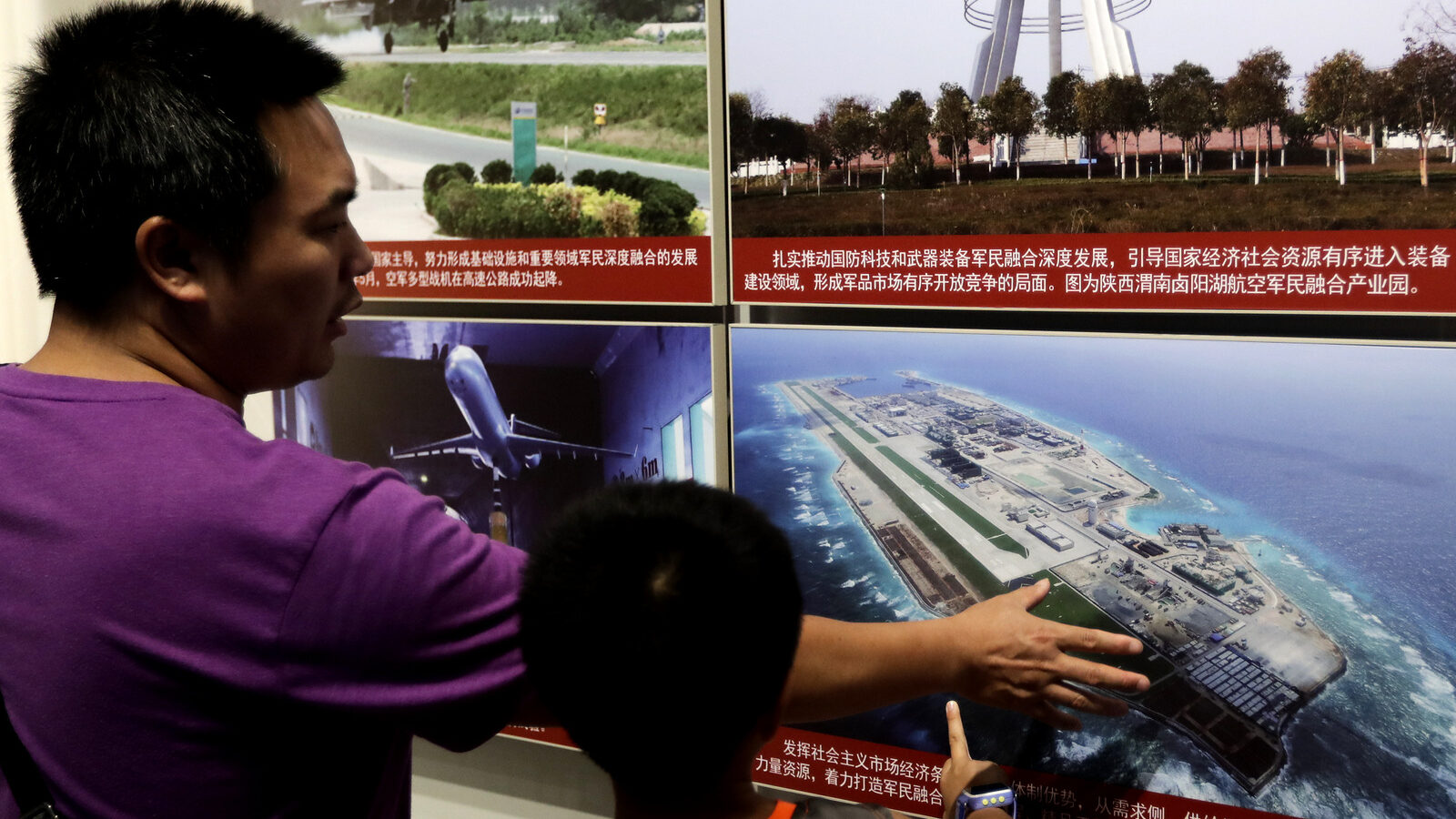The government of Filipino President Rodrigo Duterte has fired off a stern warning to China regarding the natural resources in the South China Sea region.
The Philippines foreign ministry vows that the country will not shy away from going to war over the disputed region. The official, on Monday, stated that there are several “red lines” or actions – if crossed or taken – would be deemed unacceptable resulting in an aggressive response from Manila.
“Nobody can extract natural resources there on their own,” foreign secretary Alan Peter Cayetano said. “The president has declared that. If anyone gets the natural resources in the West Philippine Sea-South China Sea, he will go to war.”
The secretary took the opportunity to allay fears and addressing criticism by stressing that the Philippines has not lost a single inch of territory to China during the Duterte administration, and if it is proven otherwise, he will demit office.
“I challenge anyone of them. Whatever their professions are – justice, politician, newsman, journalist – if we lost a single island during Duterte’s time, I will pack my bags, go home and I will not serve the public in any elected or appointed position.”
Cayetano further elaborated that among the territorial issues discussed, with China, were construction activities at a disputed shoal and the unilateral extraction of oil and gas in the region.
But reports are that China has installed missile defence systems – on recently constructed islands in the South China Sea – prompting heavy criticism from anti-Duterte factions of the country, citing the president’s inaction in response to the undertaking.
Duterte previously declared that the Philippines could not afford to go to war with China and he would craft suitable strategies in foreign policies, specifically taking steps to boost Chinese trade, investment and infrastructure funds.
“It is not the policy of this administration to engage in megaphone or microphone diplomacy, and announce each and every action, unless announcing it is beneficial to us,” Cayetano said.
Critics, on the other hand, claim Duterte’s “defeatist” approach has emboldened China, which has been increasingly assertive in the potential oil- and gas-rich waterway.
The foreign secretary remains resolute saying both the Philippines and China have set rules, relating to the South China Sea dispute, which must be respected by either party.
“We have to build trust. They said some red lines, we said some red lines.”
However, China has continued to ignore a 2016 Hague agreement and claims the South China Sea in its entirety, deploying missile systems on Fiery Cross Reef, Mischief Reef and Subi Reef.
A United Nations-backed tribunal declared that Fiery Cross Reef is a rock, Mischief Reef is part of the exclusive economic zone and continental shelf of the Philippines and Subi Reef is a low-tide elevation.
The ruling adds that China’s occupation of and construction activities on Mischief Reef violate UN Convention on the Law of the Sea provisions concerning artificial islands and structures.
China has downplayed the deployment of missile systems stating that it “targets no one.”
Top Photo | A man and a child look at a picture showing the Fiery Cross Reef in the Spratly islands, in the disputed South China Sea, on display at the military museum in Beijing, July 27, 2017. (AP/Andy Wong)
© teleSUR


